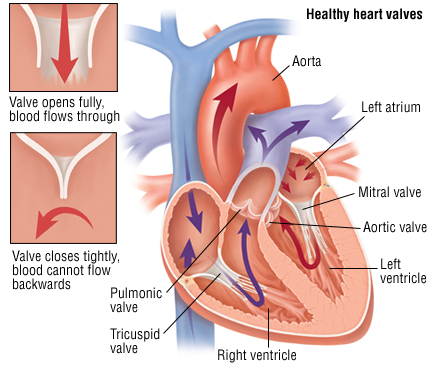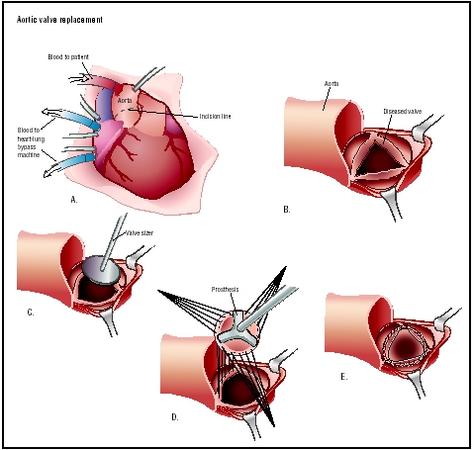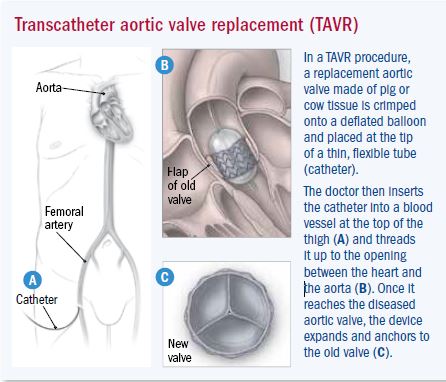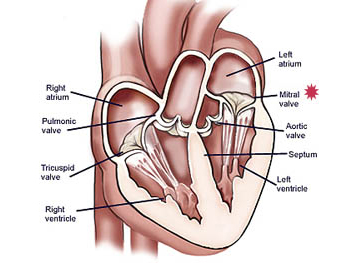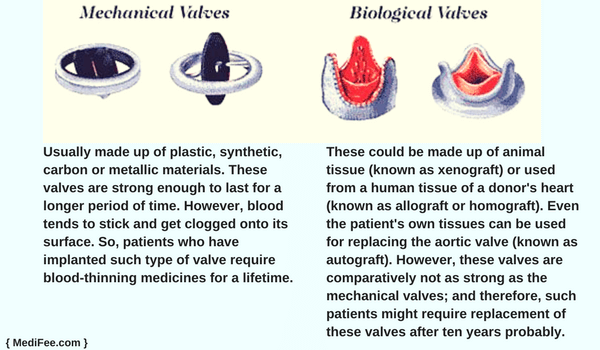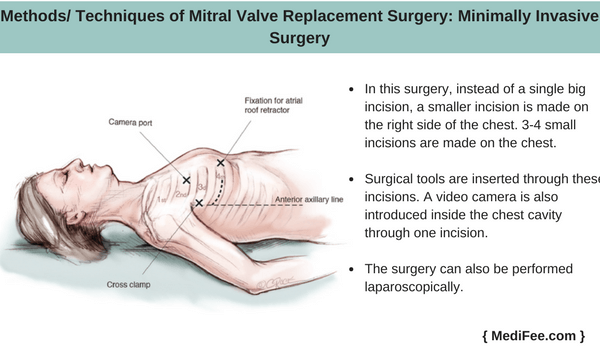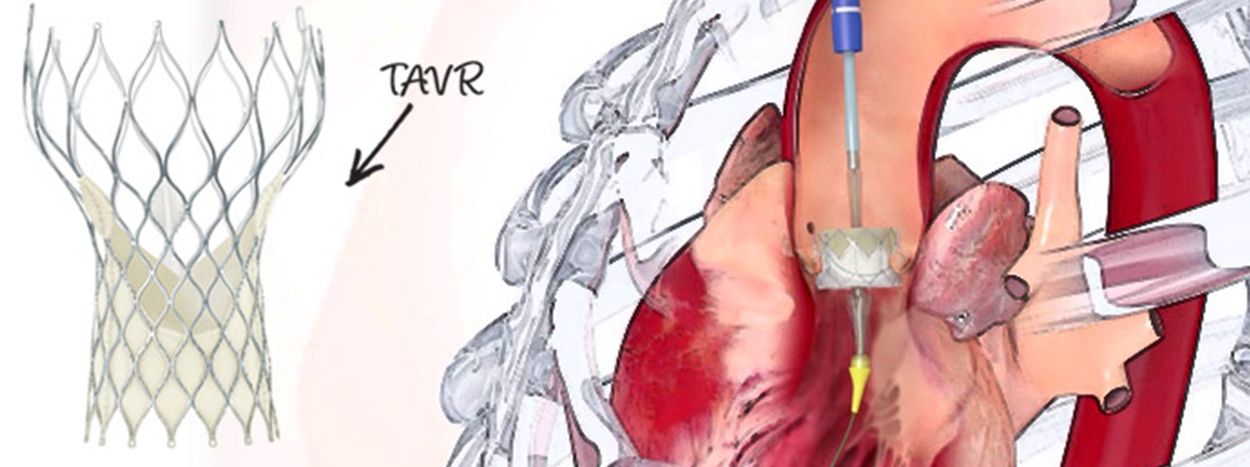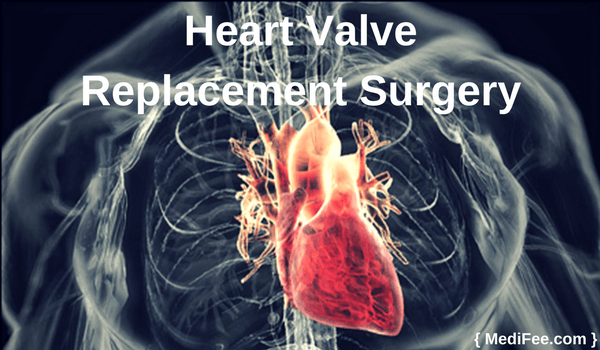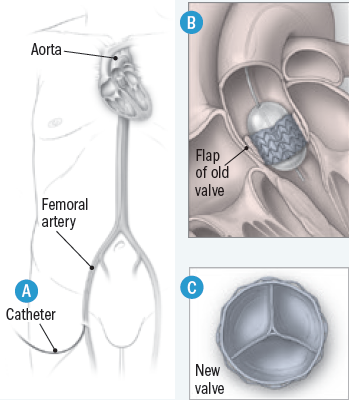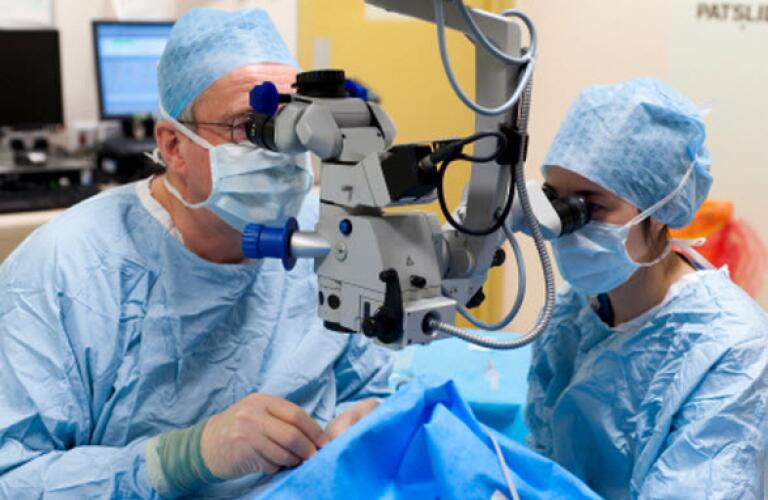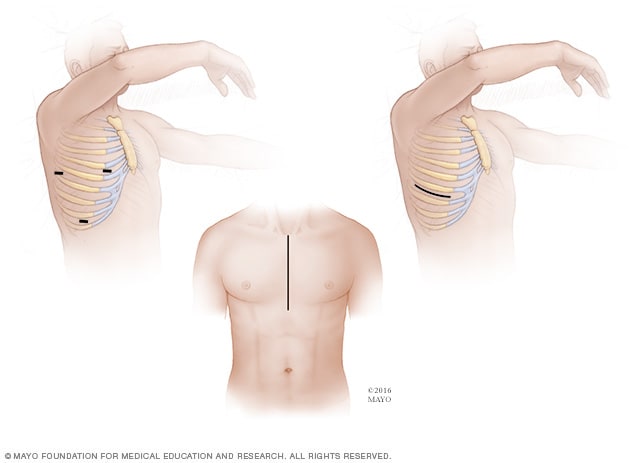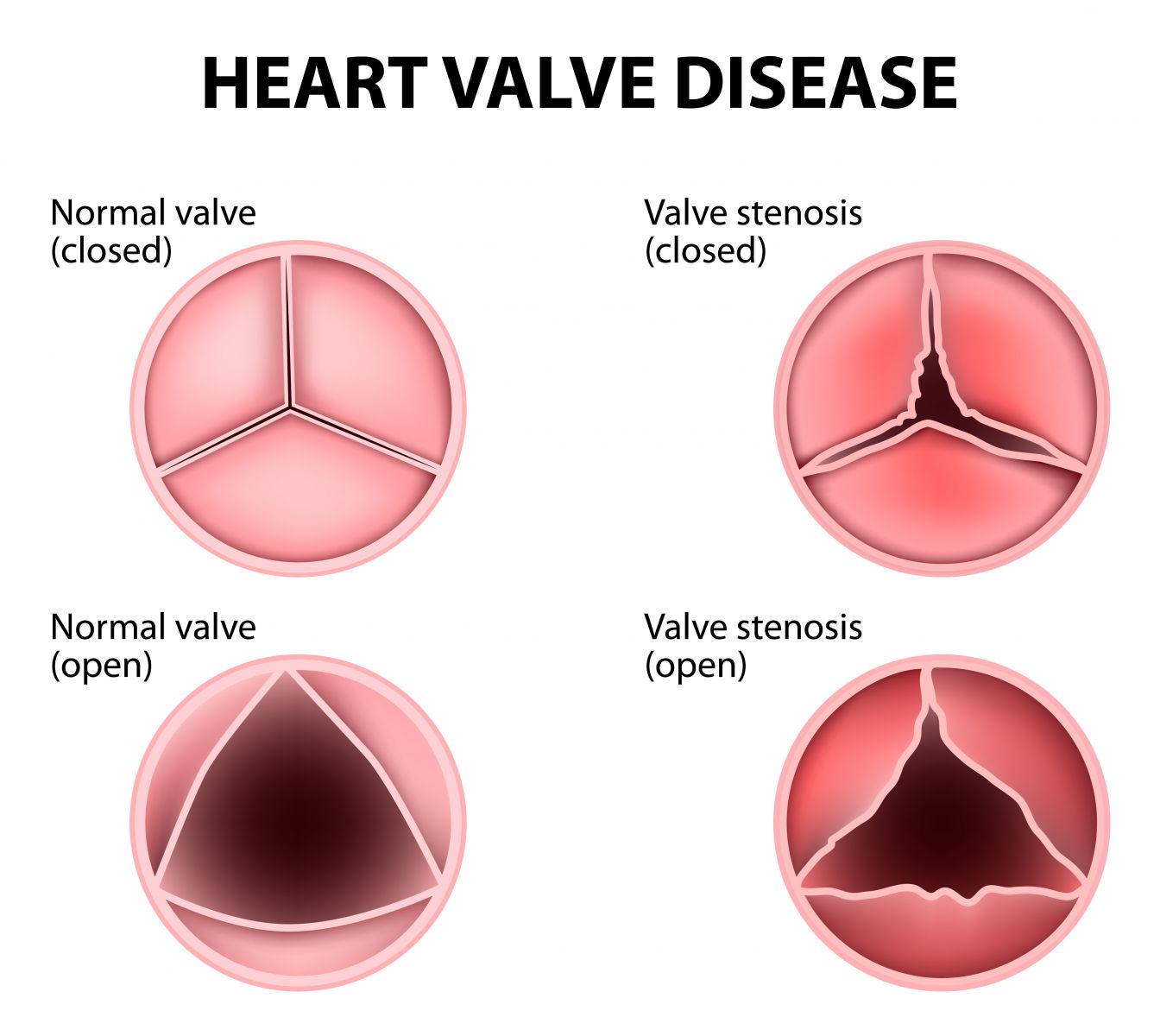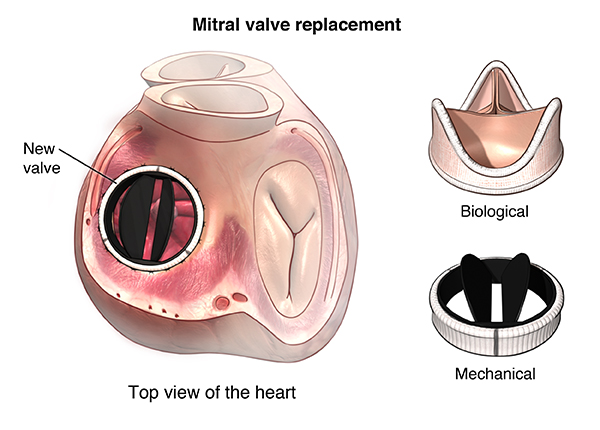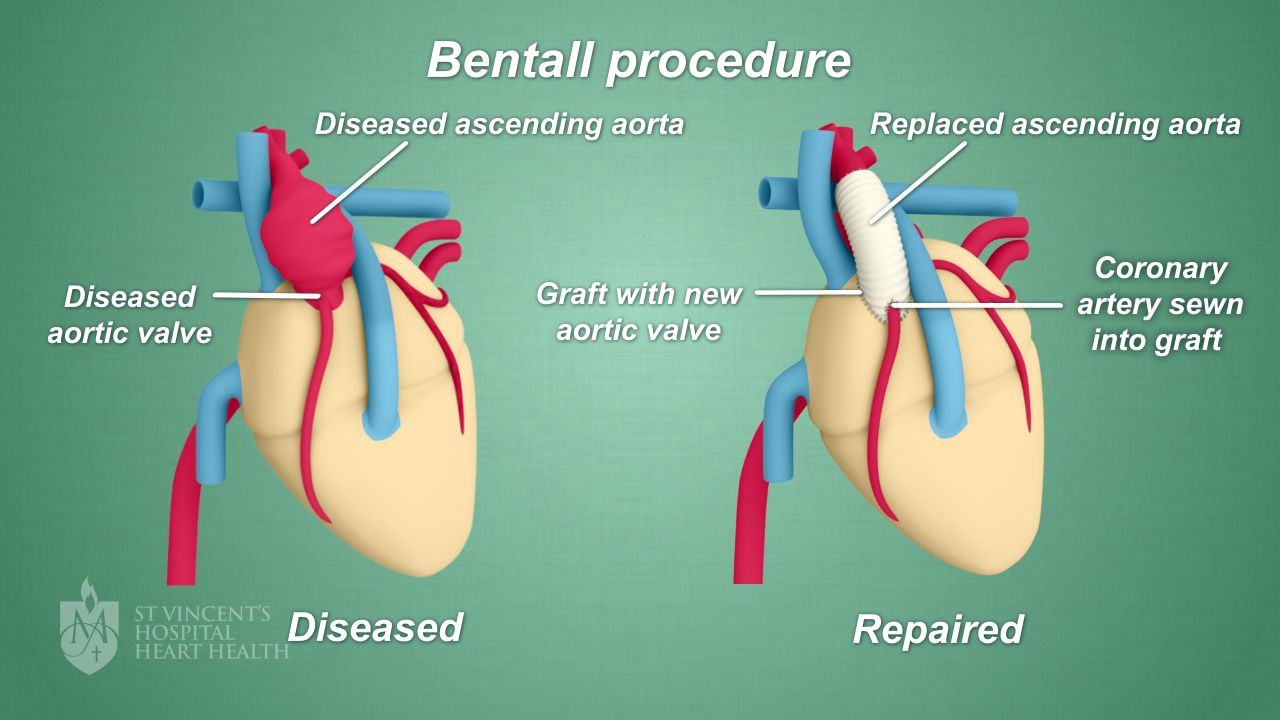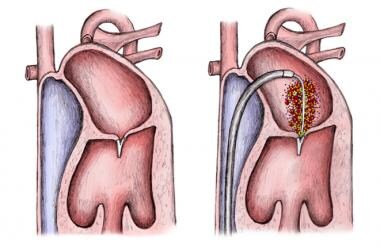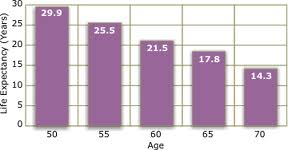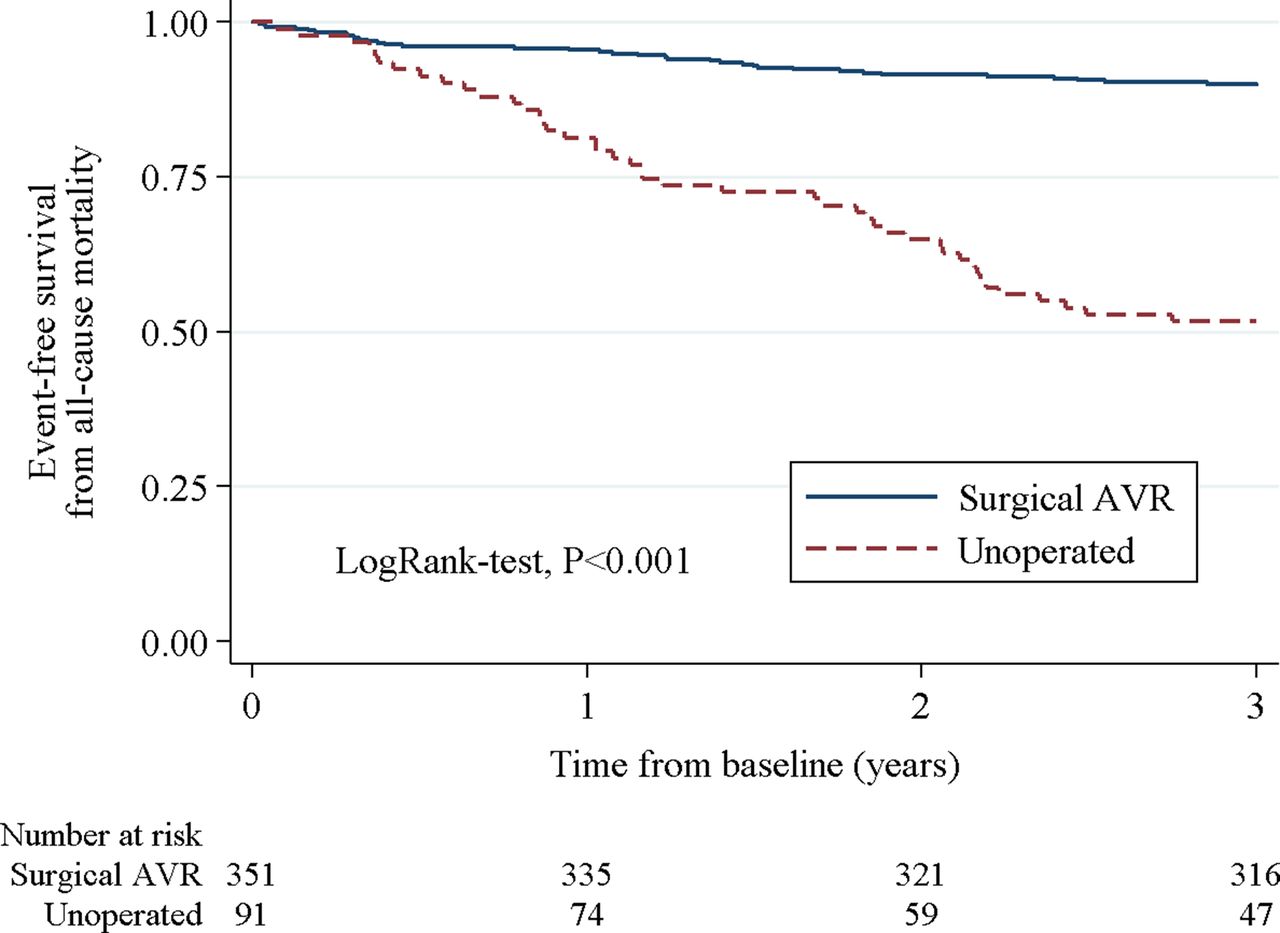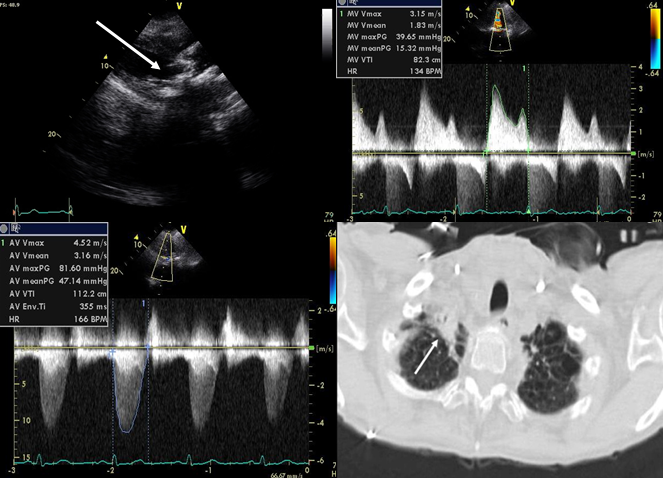Side Effects Of Heart Valve Replacement Surgery
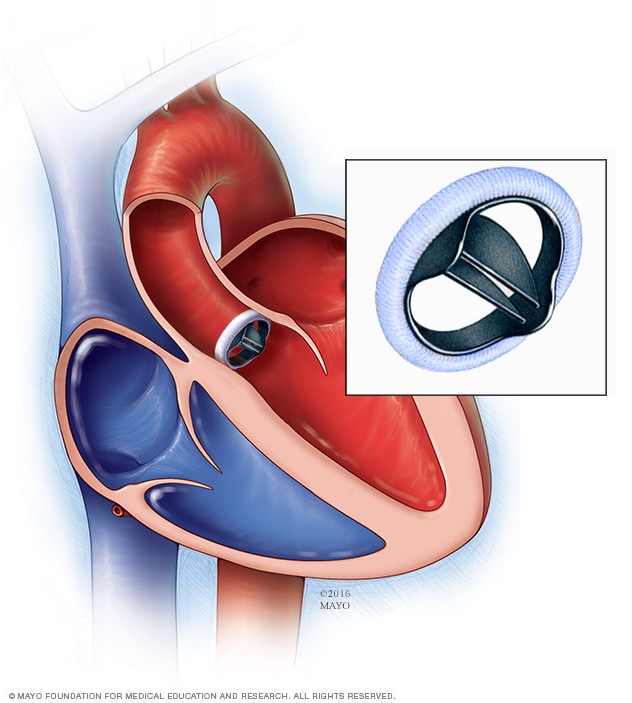
In some cases mitral valve repair surgery may be performed with minimally invasive heart surgery in which surgeons perform the procedure through small incisions in the chest.
Side effects of heart valve replacement surgery. Valve replacement failure may be another major complication after mitral valve replacement. It may affect up to five in every 100 people who have aortic valve replacements. During valve replacement surgery the faulty valve is removed and a new valve is sewn to the annulus of your original valve. Bleeding during or after treatment or damage to the blood vessels.
Risks of heart valve repair or replacement. A replacement valve is inserted through the catheter and guided to your heart. Conditions which may cause heart valve dysfunction are valvular stenosis and valvular insufficiency regurgitation. Heart valves keep blood flowing in the correct direction through your heart.
Surgeons conduct the procedure using long instruments. In this procedure doctors insert a catheter in your leg or chest and guide it to your heart. Mitral valve surgery generally may be performed with open heart surgery which involves a cut incision in the chest. In some cases the aortic valve can be repaired.
Heart valve repair or replacement surgery is a treatment option for valvular heart disease. Major complications of mitral valve replacement include serious form of infection which requires heavy doses of antibiotics and severe bleeding. Unlike traditional valve replacement surgery tavr transcatheter aortic valve replacement does not involve a large surgical incision through the breastbone. When heart valves become damaged or diseased they may not function properly.
In minimally invasive heart surgery surgeons make small incisions in the side of your chest between your ribs to reach your heart. Some patients develop heart attack or even stroke after this type of surgery. There s a risk of stroke after having heart surgery. Read on to learn some tips about recovery after tavr.
However as with any surgery or procedure complications can occur. Heart valve surgery is a procedure to treat heart valve disease. Heart valve disease involves at least one of the four heart valves not working properly. When you have aortic or pulmonic heart valve disease valve replacement surgery is usually performed.
Minimally invasive heart surgery involves making small incisions in the right side of your chest to reach the heart between the ribs rather than cutting. Blood clots that can cause heart attack stroke or lung problems. Transcatheter aortic valve replacement tavr is a minimally invasive procedure to replace a narrowed aortic valve that fails to open properly aortic valve stenosis. Possible risks associated with treatment include.
A stroke may affect up to two to three in every 100 people who have a coronary artery bypass graft cabg. The four valves are the mitral valve tricuspid valve pulmonary valve and aortic valve. Valve repair or replacement is generally safe.

